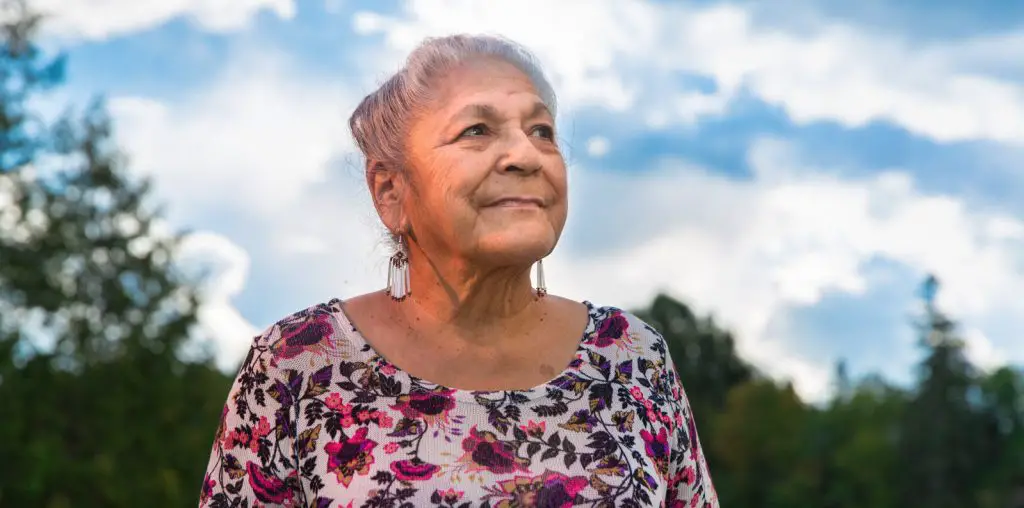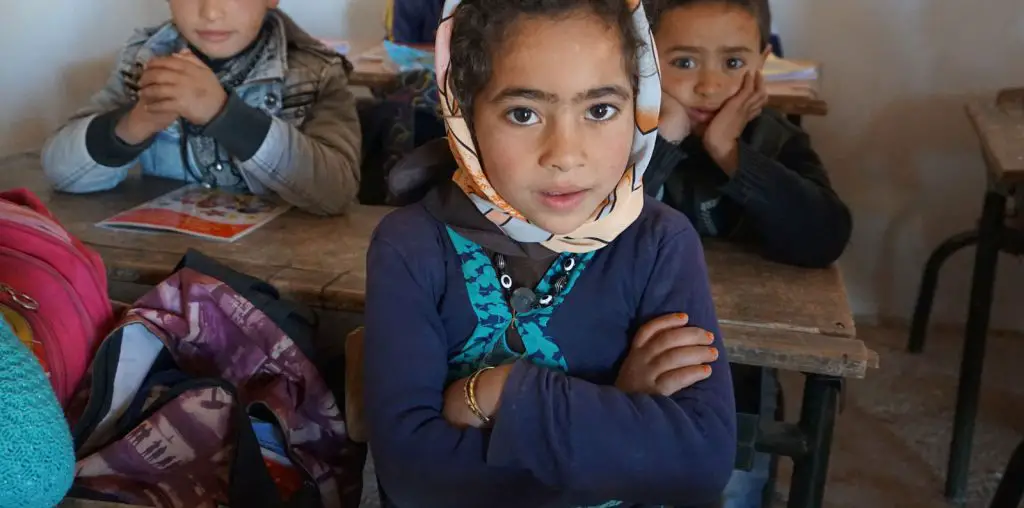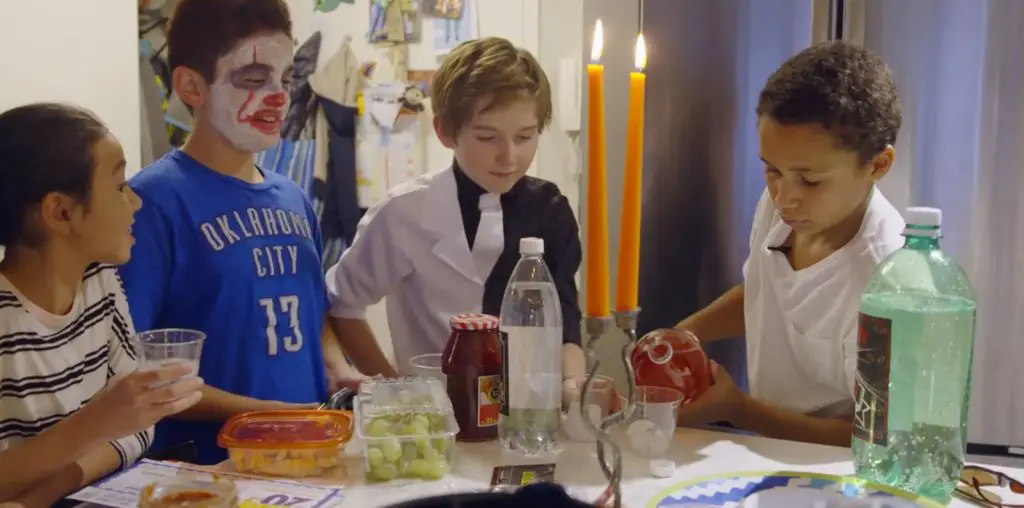
Through The Night is the story of working-class struggles in America through the lens of a family-owned and operated 24-hour daycare center. The documentary by filmmaker Loira Limbal follows Deloris “Nunu” Hogan, her husband Patrick, who run the daycare Dee’s Tots. The film is as astoundingly intimate as the daycare itself, getting into the mind of someone who dedicates their entire life to caring for and arguably raising other people’s children. It also hears from the parents, many of whom are struggling with not being able to play a major role in raising their children, despite their appreciation for the work the Hogans are doing.
The movie floats through various slice-of-life moments that come together to create a somewhat meandering narrative. However, this does not hurt the film, as the excellent camerawork and pacing capture the transient and fleeting nature of the present moment. Also, it effectively shows how the innocence of youth survives in an environment of struggle and hardship. Yet, with some of the older daycare children, there are glimpses of existential fear as they see the hardship of the adults around them.
What is truly impressive is how resilient the adults are. One of the women works three part-time jobs almost non-stop. Nunu, for her part, has been tirelessly cleaning, teaching, and holding babies nearly 24 hours a day for over 20 years, and the effects of that hardship on her body came forth throughout Through The Night. She even admits that her children felt that she was not taking care of them as much as the other children in the daycare. This point is quickly dropped, but I wish that it had been expanded upon by exploring how the pull of the daycare affected the actual family unit.
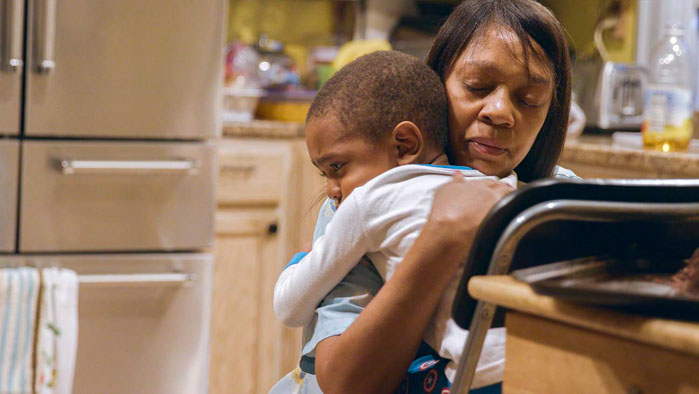
“…a family-owned and operated 24-hour daycare center.”
The film’s message is of both honest disillusionment and naive hope. It’s unflinching in its portrayal of these people’s struggles, and in doing so, shows the physical strength and mental fortitude of parents who constantly work to provide for their children. Despite that, as a personal narrative, it is limited in scope. While the film highlights the impact of our dysfunctional society on children and ourselves, solutions to these ailments were few and far between. It is especially powerful when someone mentions that they don’t know what they would do without Dee’s Tots.
The Hogan’s business popped up after seeing a need and jumping up to fulfill it, not for profit but out of the goodness of their hearts. What happens when they cannot run their daycare anymore? They say that as each year goes on, they have to turn away more and more families because they don’t have the capacity. Not to mention that not everyone is built to help people as selflessly as the Hogans do. This is the big question that the movie brings up, although it is not equipped to answer it.
Through The Night shines a light on the unsustainable work that people must do to survive in an untenable society…working non-stop, never seeing their children, just to tread water. What is so grim is that this documentary was filmed before the COVID-19 pandemic. I’m sure it is even more relatable now to many more people who have had to find work to put food on the table and give their children a roof over their heads, despite the risks. Like many have said before, COVID-19 has brought to light many problems in American society that were always there, and Loira Limbal delivers the proof.
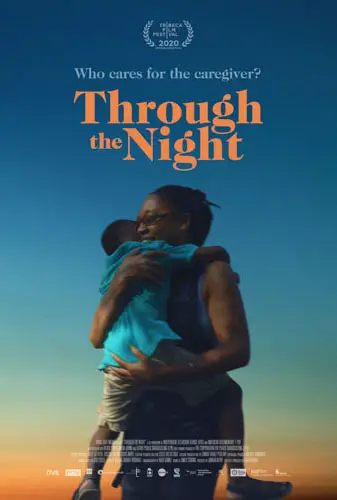
"…shines a light on the unsustainable work that people must do to survive..."
